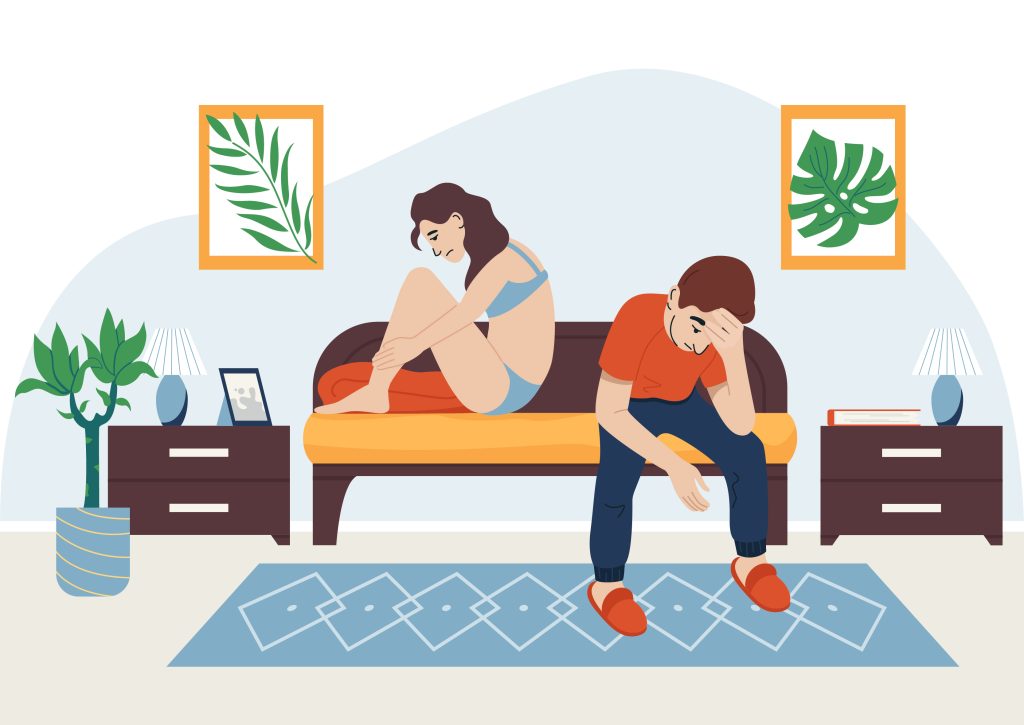Understanding the Factors Behind Decreasing Testosterone Levels in Men
Testosterone, often referred to as the “male hormone,” plays a crucial role in various aspects of men’s health, including muscle mass, bone density, libido, and overall well-being. However, in recent years, there has been a growing awareness and concern about decreasing testosterone levels in men. In this comprehensive guide, we delve into the factors contributing to this decline and explore strategies for maintaining healthy testosterone levels. Understanding Testosterone Testosterone is a steroid hormone primarily produced in the testicles in men and in smaller amounts in the ovaries in women. It plays a vital role in the development and maintenance of male reproductive tissues and secondary sexual characteristics, such as facial hair and deep voice. Additionally, testosterone influences muscle mass, bone density, fat distribution, and red blood cell production. Maintaining normal testosterone levels is essential for overall health and well-being in men. Optimal testosterone levels support physical strength, cognitive function, mood stability, and sexual function. However, imbalances in testosterone levels can lead to various health issues, including reduced muscle mass, decreased libido, erectile dysfunction, and mood disturbances. Age and Testosterone Decline One of the most well-known factors contributing to decreasing testosterone levels in men is the natural aging process. Testosterone levels typically peak during adolescence and early adulthood and gradually decline with age. Research has shown that after the age of 30, testosterone levels tend to decrease by about 1% per year. Several factors influence the rate of testosterone decline in men, including genetic predisposition, lifestyle choices, and overall health status. While some men may experience a more rapid decline in testosterone due to genetic factors, others may maintain relatively stable levels through healthy lifestyle practices. Health Conditions and Testosterone In addition to aging, certain health conditions can impact testosterone production and regulation in men. Obesity, for example, is strongly associated with lower testosterone levels. Excess body fat, particularly visceral fat around the abdomen, can disrupt hormone balance and interfere with testosterone production. Similarly, conditions such as type 2 diabetes and metabolic syndrome have been linked to decreased testosterone levels. Insulin resistance, a hallmark of these conditions, can impair the function of Leydig cells in the testes, which are responsible for producing testosterone. Managing and treating underlying health conditions is crucial for optimizing testosterone levels in men. Weight loss, regular physical activity, and dietary modifications can help improve insulin sensitivity and hormone balance, leading to better testosterone production. Lifestyle Factors Beyond age and health conditions, lifestyle choices also play a significant role in determining testosterone levels in men. Diet, exercise, sleep patterns, and stress management all influence hormone balance and can either support or hinder testosterone production. Diet and Nutrition Nutrition plays a crucial role in testosterone production. Certain nutrients, such as zinc, vitamin D, and omega-3 fatty acids, are essential for healthy testosterone levels. Foods rich in these nutrients, such as oysters, eggs, fatty fish, and leafy greens, can support optimal testosterone production. Conversely, a diet high in processed foods, refined sugars, and unhealthy fats can contribute to decreasing testosterone levels. Excessive alcohol consumption and chronic calorie restriction may also negatively impact hormone balance and testosterone synthesis. Exercise and Physical Activity Regular exercise is another key factor in maintaining healthy testosterone levels. Both resistance training and aerobic exercise have been shown to increase testosterone levels, especially when performed at high intensity. Strength training exercises, such as weightlifting and bodyweight exercises, are particularly effective for stimulating testosterone production. In addition to structured exercise routines, incorporating more physical activity into daily life, such as walking, cycling, or taking the stairs instead of the elevator, can also benefit testosterone levels. Even moderate exercise can have a positive impact on hormone balance and overall health. Stress and Mental Health Stress is a significant factor that can disrupt hormone balance, including testosterone levels. When the body is under stress, it releases cortisol, a hormone that can suppress testosterone production. Chronic stress and elevated cortisol levels can lead to a decrease in testosterone levels over time. Managing stress is essential for maintaining healthy testosterone levels. Strategies such as mindfulness meditation, yoga, deep breathing exercises, and spending time in nature can help reduce stress and support hormone balance. Adequate sleep and regular physical activity are also important for managing stress and promoting overall well-being. Environmental Factors Environmental toxins can also play a role in decreasing testosterone levels in men. Chemicals such as bisphenol A (BPA), commonly found in plastics, and certain pesticides have been linked to disruptions in hormone balance, including testosterone production. Reducing exposure to these environmental toxins is important for supporting healthy testosterone levels. Using BPA-free products, eating organic foods, and minimizing pesticide exposure can help reduce the risk of hormone disruption. Medical Treatments and Testosterone Certain medical treatments and medications can impact testosterone levels in men. For example, steroids, often used in the treatment of inflammatory conditions, can suppress testosterone production. Chemotherapy, used in cancer treatment, can also affect testosterone levels. Men undergoing these treatments should discuss potential impacts on testosterone levels with their healthcare providers. Monitoring testosterone levels and exploring alternative treatments or supportive therapies may be necessary to maintain hormonal balance. Sleep and Testosterone Quality sleep is essential for overall health, including testosterone production. During sleep, the body undergoes various processes that are crucial for hormone regulation and repair. Poor sleep quality or insufficient sleep can disrupt these processes and lead to imbalances in hormone levels, including testosterone. Improving sleep hygiene is key to supporting healthy testosterone levels. This includes maintaining a regular sleep schedule, creating a comfortable sleep environment, and practicing relaxation before bedtime. Hormonal Imbalance and Testosterone Hormonal imbalances, such as low levels of testosterone or high levels of estrogen, can impact testosterone levels in men. Various factors, including age, genetics, and underlying health conditions can cause imbalances. Signs and symptoms of hormonal imbalance in men can include fatigue, weight gain, mood swings, and sexual dysfunction. Identifying and addressing the underlying cause of hormonal imbalance is essential for restoring testosterone levels to normal. Testosterone Replacement Therapy (TRT) For men
Understanding the Factors Behind Decreasing Testosterone Levels in Men Read More »







